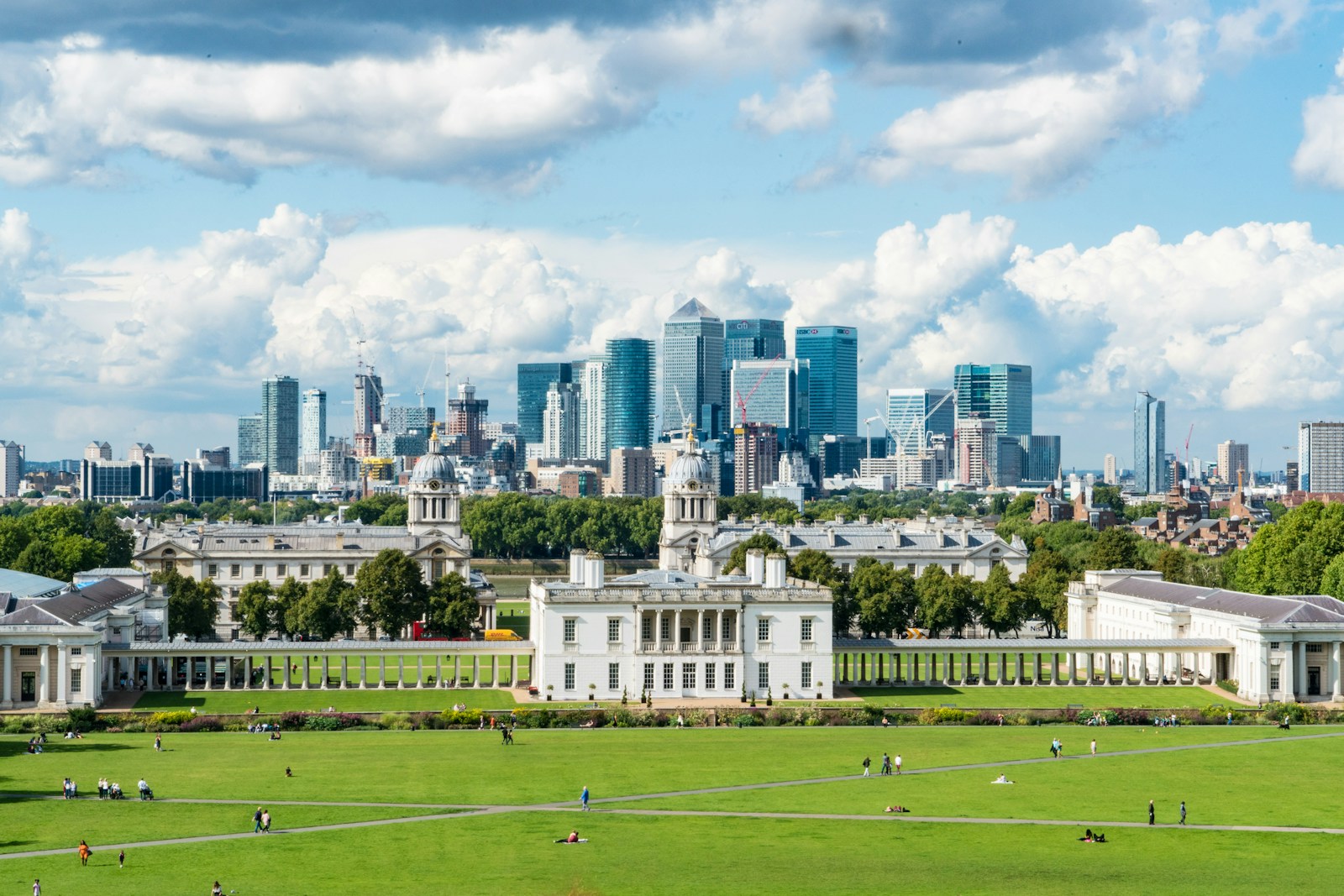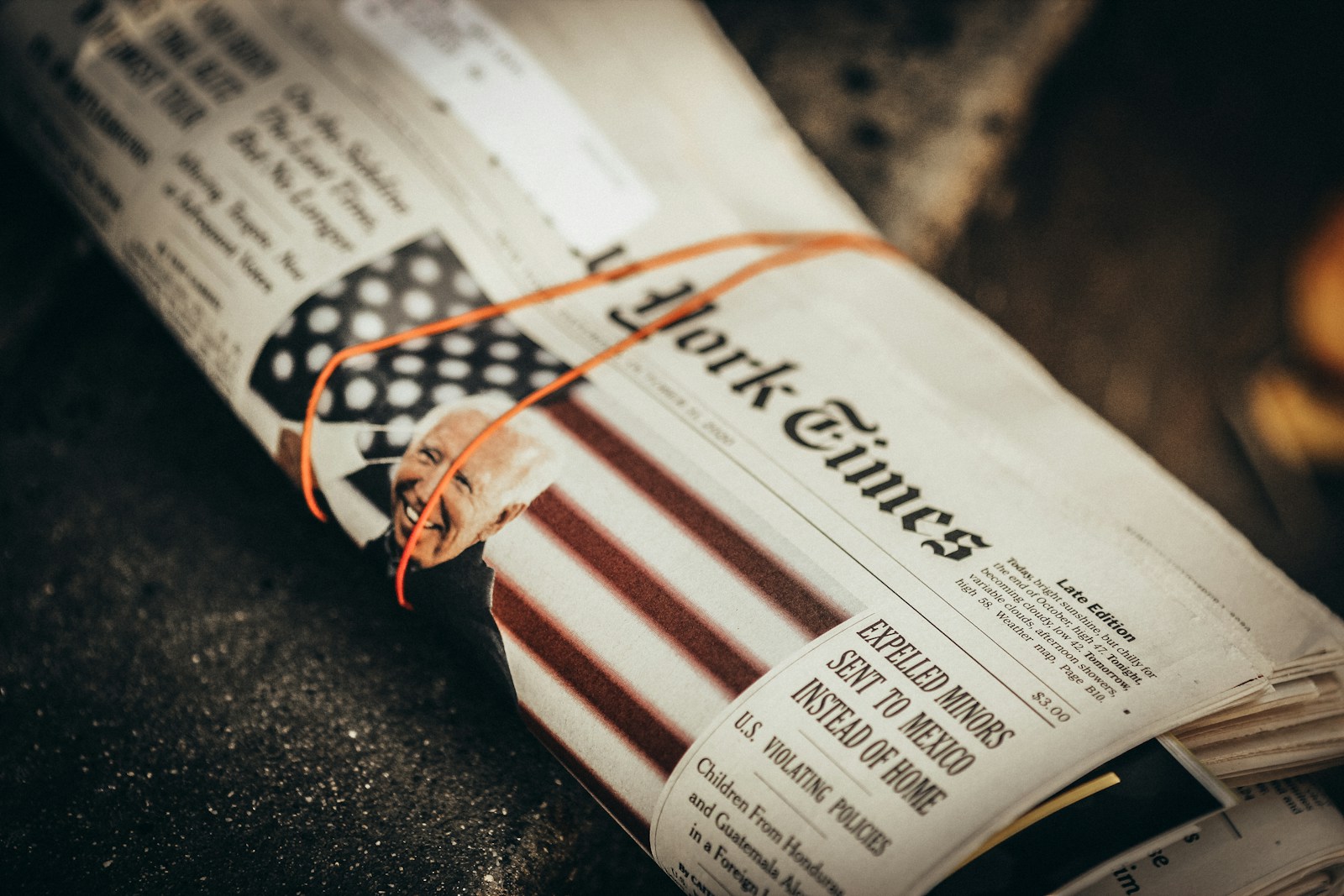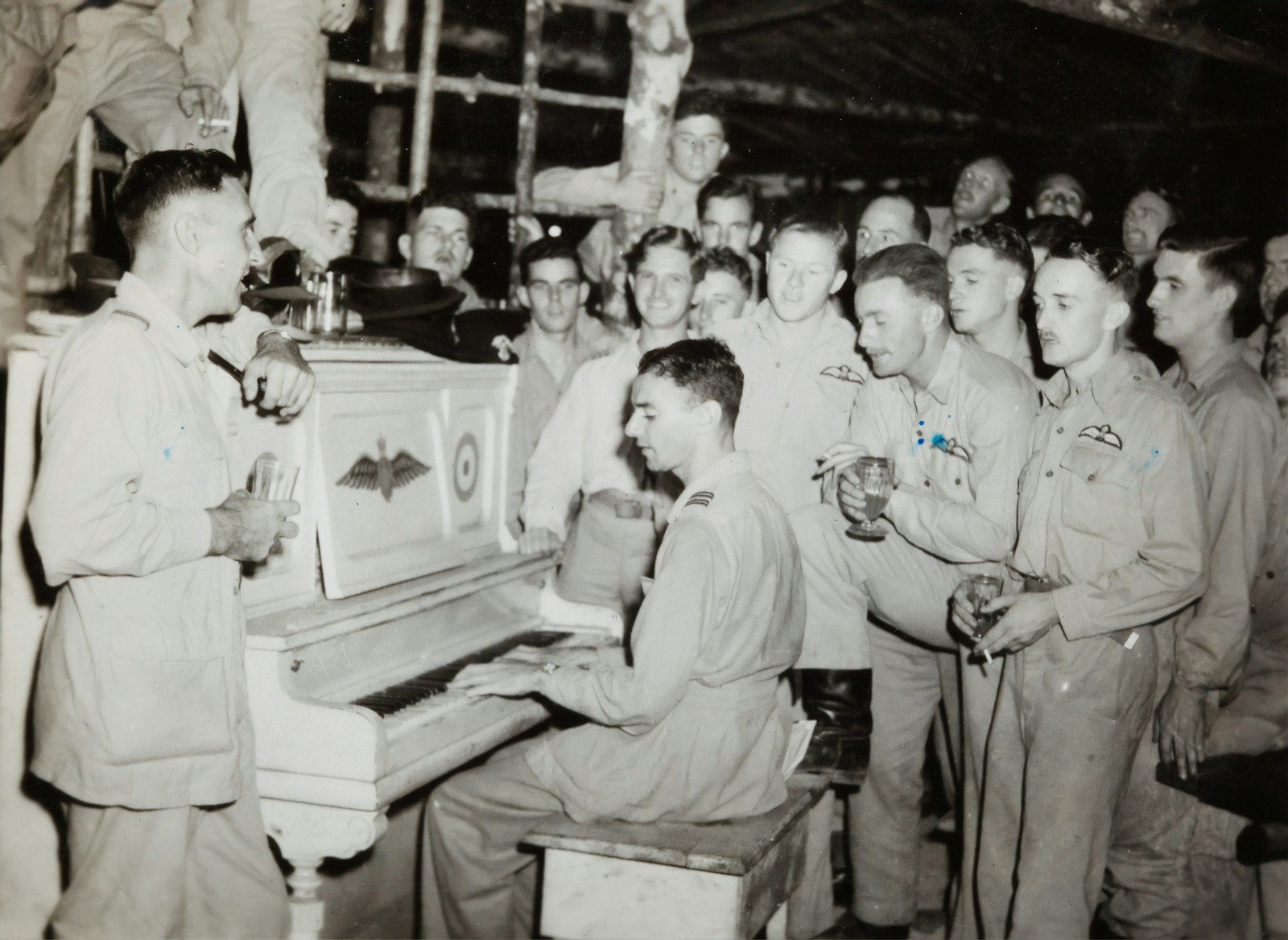
## Introduction
The referendum on Indigenous recognition in Australia has been a topic of great importance and debate. It aims to recognize and acknowledge the First Nations people and their unique place in the country’s history. In this article, we delve into the perspectives of three generations of First Nations men, shedding light on their views and experiences regarding the referendum.
Understanding the Referendum
What is the Referendum?
A referendum is a national vote held to seek public approval for a proposed change to the country’s constitution. In the case of Australia’s Indigenous recognition referendum, it aims to amend the constitution to formally recognize the First Nations people and provide a stronger foundation for addressing historical injustices.
Importance of Indigenous Recognition
The recognition of Indigenous peoples is crucial in acknowledging their custodianship of the land and their rich cultural heritage. It is a significant step towards reconciliation, promoting inclusivity, and addressing the historical marginalization and discrimination faced by First Nations communities.
Perspectives from the Elders
Elders’ Wisdom and Experience
First Nations elders hold a wealth of wisdom and experience, serving as a bridge between the past and future generations. Their perspectives on the referendum reflect a deep understanding of the struggles faced by their communities and the potential for positive change.
The Need for Recognition
Elders emphasize the importance of recognition as a means to heal the wounds of the past. They believe that acknowledging the First Nations people in the constitution would provide a strong foundation for building a more inclusive and equitable society.
Preserving Culture and Land
For elders, recognition is not just about constitutional changes; it is also about preserving their cultural heritage and connection to the land. They stress the need for ongoing efforts to protect sacred sites, promote traditional practices, and ensure the sustainability of their way of life.
Empowering Future Generations
Elders also highlight the significance of recognition in empowering future generations. By acknowledging the contributions and resilience of First Nations people, the referendum can instill a sense of pride and identity in young Indigenous Australians, fostering their personal growth and success.
Perspectives from the Middle Generation
The Impact of Historical Injustices
The middle generation of First Nations men grew up in a time when the effects of historical injustices were still keenly felt. Their perspectives shed light on the lasting impact of colonization, forced removals, and the disintegration of cultural practices.
Seeking Justice and Equality
Middle-aged First Nations men see the referendum as an opportunity to seek justice and equality for their communities. They believe that recognition would pave the way for addressing systemic issues, such as higher incarceration rates and limited access to education and healthcare.
Overcoming Challenges
These men also emphasize the importance of overcoming challenges such as racism and discrimination. They hope that constitutional recognition would challenge and dismantle the prevailing stereotypes and prejudices that First Nations people face on a daily basis.
Reclaiming Identity
For the middle generation, recognition is about reclaiming their identity and cultural pride. They believe that constitutional recognition would send a powerful message of respect and validation, reaffirming the importance of their heritage and contributions to Australian society.
Perspectives from the Younger Generation
Embracing Cultural Diversity
The younger generation of First Nations men represents a new wave of cultural confidence and resilience. Their perspectives highlight the importance of embracing cultural diversity and empowering young Indigenous Australians.
Education and Empowerment
Young First Nations men see the referendum as an opportunity to enhance education and empower future generations. They stress the need for a comprehensive curriculum that includes Indigenous history, culture, and perspectives, promoting a more inclusive and accurate understanding of Australia’s past.
Breaking Stereotypes
Challenging stereotypes is a key focus for the younger generation. They believe that constitutional recognition would help break down the barriers and misconceptions that hinder the full participation and acceptance of First Nations people in all aspects of society.
Building a Stronger Future
For young Indigenous men, recognition is about building a stronger future. They envision a society where First Nations people have equal opportunities, where their voices are heard, and where their cultural heritage is celebrated and respected.








